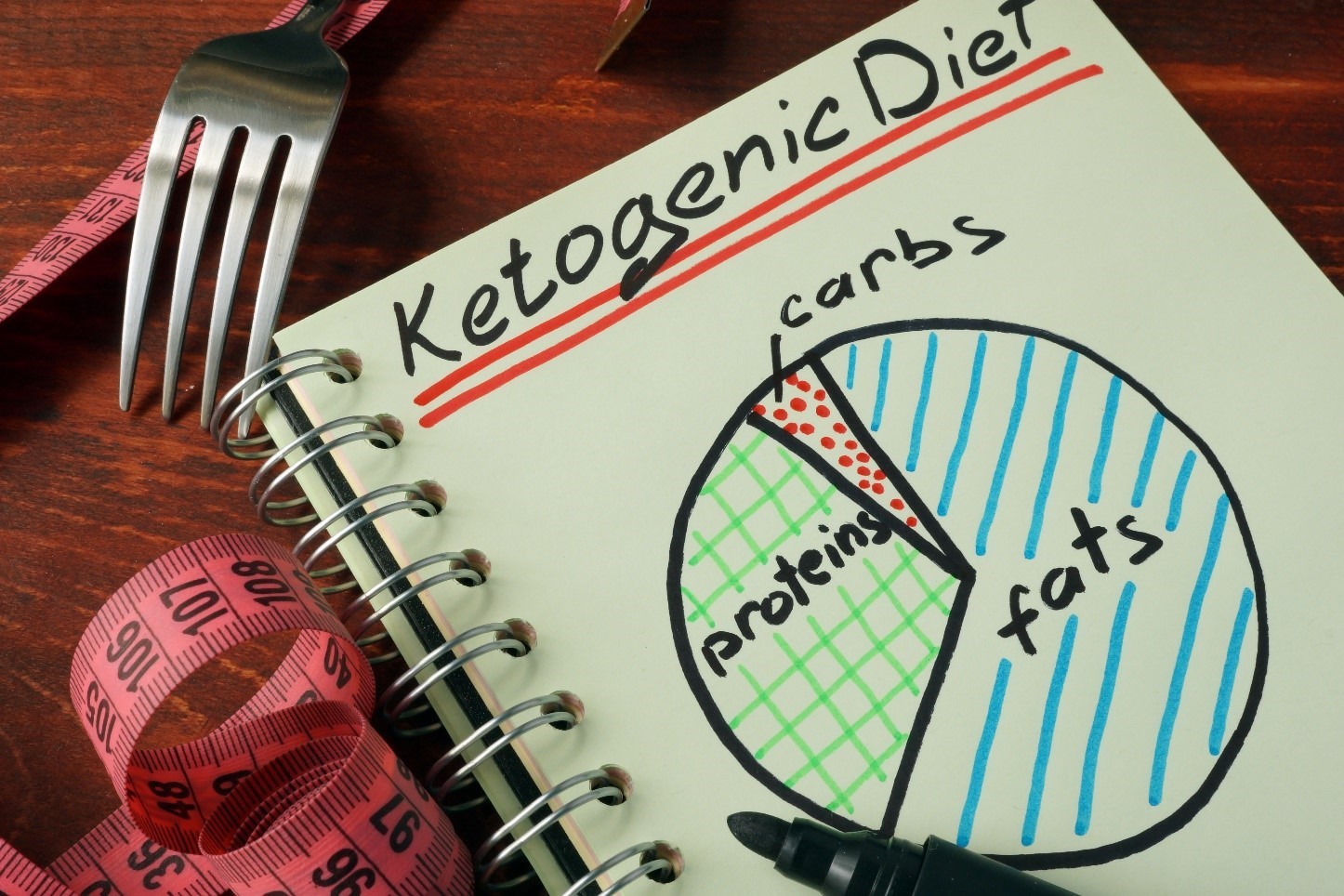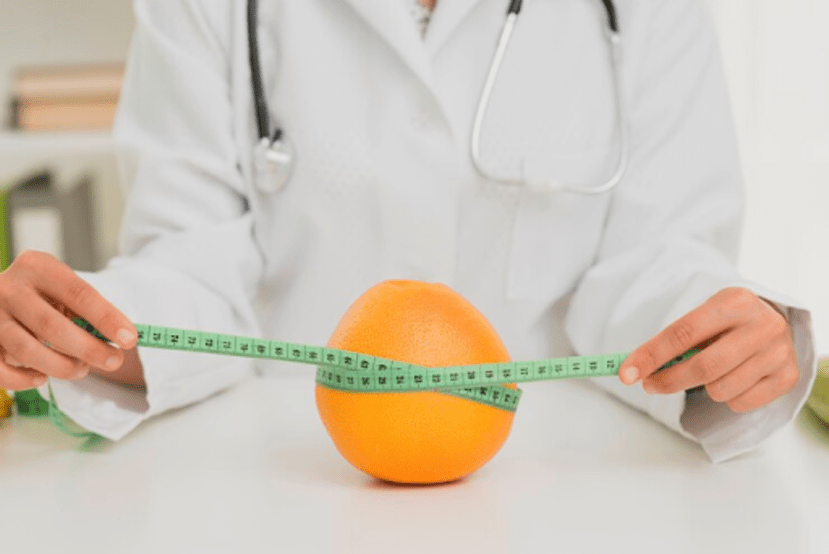Author: Mariam Lakdawala (Registered Dietician)
With every 3rd patient walking up to me and asking for a ketogenic diet, I was curious to know if it is really a healthy way to lose weight. I typed ketogenic diet on Google, and was surprised to see so many trial diets, websites offering delivery of ketogenic diet foods and what not. This abundance of information, probably is the reason why many go on this diet on their own without the guidance of a qualified nutritionist. However, a word of caution here! Beware of the authenticity of the information available on the web.
Ketogenic diet came into existence in the early 1920’s for helping in decreasing the number of seizures (fits) in children suffering from epilepsy. It has shown to significantly decrease the number of seizures in cases of refractory seizures wherein medications were not helping the patients much (1). In 1960’s, Dr. Robert Atkins introduced another diet similar to ketogenic diet for weight loss and termed it as Atkins diet. The diet was widely followed, but soon lost its charm after the death of Dr. Atkin which was then believed to be due to a cardiac arrest as a result of Atkins diet.
Ketogenic diet is a high fat, moderate protein and low carbohydrate diet wherein 80% of the total energy comes from fat, 10-15% from proteins and 5-10% from carbohydrates. Atkins diet is a high fat, high protein and a very low carbohydrate diet. For weight loss, what currently is trending and preferred is a modified ketogenic or a modified Atkins diet as the modified diets are slightly liberal in terms of carbohydrate and proteins allowance than the ketogenic/Atkins diets in their pure forms.
What happens in these diets is that, the very low carbohydrate content (<50%) causes the body to burn fat stores and produce ketone bodies, which are the preferred source of energy by the brain in the absence of glucose. In short, the body goes into a fat burning spree.
Common mistakes made by people on Modified Ketogenic diet for weight loss?
Modified ketogenic diet can be helpful only if followed under the supervision of a qualified dietician. To agree with me, take a look at some common mistakes made by people following a self-supervised diet.
- Start and end is abrupt: This is the most common mistake made, wherein carbohydrates are abruptly stopped. The body finds it difficult to cope up with the new source to produce energy which results in certain undesirable symptoms like headache, fatigue, difficulty to focus, nausea, dizziness, muscle cramps, etc. These symptoms are indication of ketosis and are called the keto flu. The severity of these symptoms is less if the diet is gradually transitioned instead of stopping carbohydrates abruptly.
Likewise switching off from the ketogenic diet to any other diet has to be done carefully. Weight regain is commonly seen in people who suddenly stop the diet and go back to their carbohydrate rich diet.
- Total calorie restriction gone for a toss: Thanks to the web that often mentions that fat fills you up faster, thus there is no need to count the total calories. This will not hold true for all, as each one’s appetite, eating pattern and behaviour varies. Even though a high fat diet suppresses appetite it is important to follow a customized diet with a defined caloric intake as per your nutritional requirements, baseline clinical assessment and dietary habits.
- Assessment of nutritional status before starting: Without knowing your clinical and nutritional status it is very risky to start such a diet without guidance. Baseline assessment to rule out nutritional deficiencies and clinical conditions is a must as there are certain conditions wherein self-supervised high fat diet could do more harm than good.
- Fat quality is easily forgotten: The web is flooded with keto recipes, but unfortunately very few websites give out the nutritional composition and none give out the fat composition. Viewers get lured with the pictures of the recipes without even caring about the fat quality. It is very important to look at the composition of fat i.e. the correct ratio of Saturated, Mono-saturated and Poly-unsaturated fats in order to prevent this high fat diet from affecting your lipid profile.
Keeping all these common mistakes in mind, next time when you decide to go on a high fat – Modified Ketogenic Diet for weight loss, make sure you do it under the supervision of a qualified dietician.
References:
- Freeman, J. M., Kossoff, E. H., & Hartman, A. L. (2007). The ketogenic diet: one decade later. Pediatrics, 119(3), 535-543.





